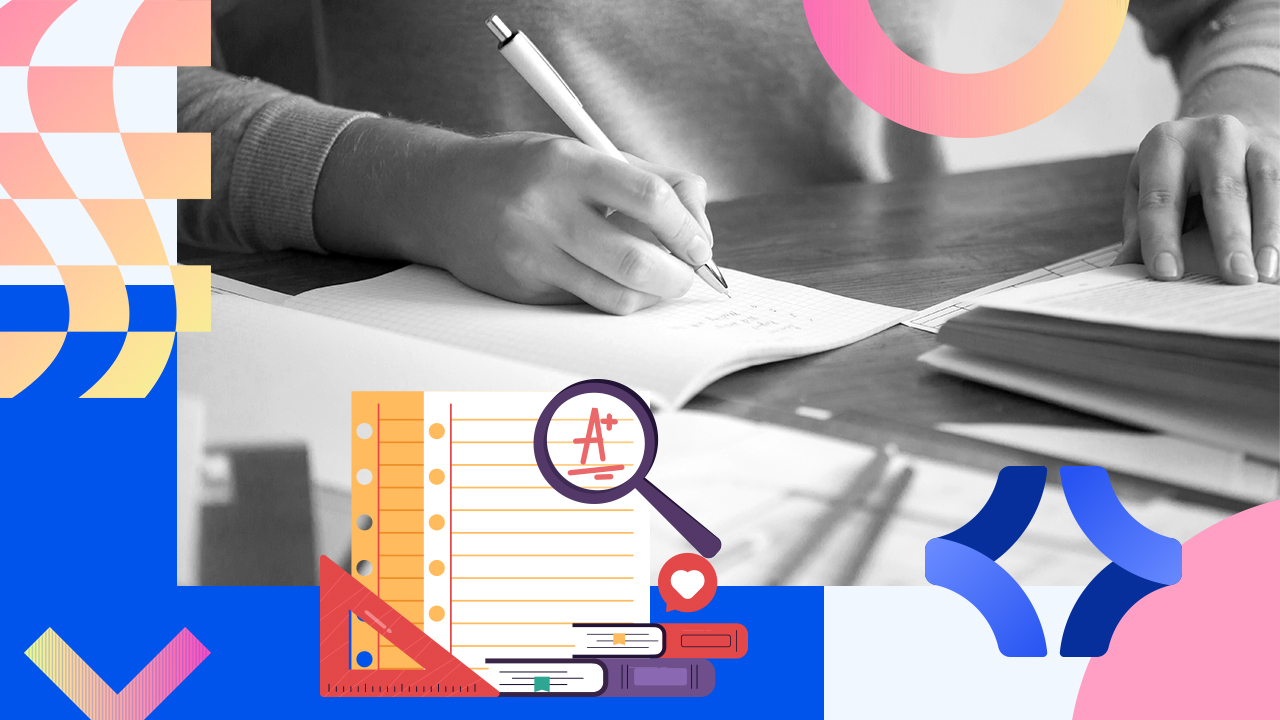As the end of the semester approaches, students face mounting pressure—final exams, overdue assignments, and looming deadlines. This pressure becomes overwhelming for some, leading them to consider unethical shortcuts. In this critical period, educators must remain vigilant to enforce rules and maintain the fairness and integrity of academic assessment.
But how do you identify last-minute misconduct without causing unnecessary stress for honest students? With tools like EduLegit’s AI-based Writing Style Analysis, AI Content Detector, and Typing Activity Monitor, educators can distinguish between genuine effort and potential misconduct fairly and accurately.
Why the End of the Semester is a Risk Zone
Academic dishonesty peaks during final exams and project submissions for several reasons:
Time Pressure: Students who procrastinate may feel desperate.
Grade Anxiety: Those close to failing may panic.
Easy Access to Tools: AI text generators and content-sharing platforms are just a click away.
Isolation: Remote or hybrid learning environments reduce supervision, creating a sense of invisibility.
A 2024 International Center for Academic Integrity (ICAI) survey revealed that over 55% of students admitted to considering dishonest methods when facing last-minute stress. But the same survey highlighted that most students regretted these choices, often due to the risk of getting caught.
Common Signs of Last-Minute Misconduct
1. Sudden Changes in Writing Style
- Complex vocabulary and polished sentences in a student’s final paper, when previous assignments were simple and conversational.
- Unusual sentence structures or advanced language not typical for the student’s level.
How EduLegit Helps:
AI-based Writing Style Analysis automatically compares a student’s writing style over time, detecting shifts that may indicate external help, ghostwriting, or the use of AI text generators.
2. Text That Looks Perfect… Too Perfect
- Essays with flawless grammar, formal language, and a structured flow—characteristics of AI-generated text.
- Writing quality improvements, especially without teacher feedback or draft progression.
How EduLegit Helps:
The AI Content Detector identifies machine-generated text, ensuring that submitted work is genuinely student-written.
3. Suspicious Typing Patterns
- Long periods of inactivity followed by a sudden burst of text.
- Fast, consistent typing speeds without pauses—common with copy-paste or external help.
- Irregularities like frequent backspacing or unusually fast typing for complex content.
How EduLegit Helps:
Typing Activity Monitor tracks keystroke patterns, highlighting inconsistencies that suggest copy-pasting or AI assistance.
4. Inconsistent Effort (Active Work Time Control)
- Assignments completed in record time with minimal activity.
- Periods of complete idleness during exams, followed by sudden bursts of productivity.
How EduLegit Helps:
Active Work Time Control measures the time spent on tasks versus idle time, giving educators insight into true effort.
5. Lack of Engagement (Attention Tracking)
- Students who frequently switch tabs during online exams.
- Rapid gaze shifts away from the screen, suggesting distraction or checking external sources.
How EduLegit Helps:
AI-driven User Attention Tracking detects disengagement, allowing teachers to spot suspicious behavior in real time.
What Educators Can Do
1. Communicate Expectations Clearly
- Remind students of the importance of academic integrity and the consequences of misconduct.
- Provide guidelines on what constitutes plagiarism, AI misuse, or unauthorized collaboration.
2. Use Monitoring Tools Transparently
- Inform students about the use of EduLegit’s monitoring tools.
- Emphasize that the goal is to ensure fairness for all, not to create a sense of mistrust.
3. Offer Support, Not Just Penalties
- If you detect unusual behavior, consider reaching out first.
- Ask if the student is struggling or needs help rather than assuming misconduct immediately.
4. Reinforce Positive Behavior
- Recognize students who consistently show effort and integrity.
- Share success stories where hard work paid off.
5. Review Final Work Efficiently with EduLegit Tools
- Use the EduLegit Score to get an overall measure of academic integrity for each submission.
- Access the AI Summary for a clear view of integrity risks, including flagged text and behavioral patterns.
Spotting Last-Minute Misconduct in Real Time
Meet Sarah, a university student facing three final essays in one week. Her first two essays are consistent in style—simple, conversational, and slightly unpolished. But the third is different:
- Complex academic language.
- Perfect grammar with zero errors.
- No pauses in typing, written in under 15 minutes.
How EduLegit Identified the Issue:
- AI-based Writing Style Analysis flagged a significant style shift.
- Typing Activity Monitor showed near-instant text input without breaks.
- AI Content Detector identified phrases matching common AI-generated patterns.
Instead of immediately penalizing Sarah, her professor reached out:
“Sarah, your final essay feels very different from your usual writing. Can you share how you approached this assignment?”
Sarah admitted to using an AI tool under pressure. Because the teacher’s approach was supportive rather than accusatory, Sarah learned a valuable lesson without facing severe academic consequences.
Final Thoughts
Academic integrity isn’t just about preventing dishonesty—it’s about ensuring that every student’s grade reflects their true effort, understanding, and growth.
At EduLegit, our tools empower educators to maintain fairness without creating a culture of fear. By ethically detecting last-minute misconduct, we protect honest students and offer struggling learners the support they need.
Explore how EduLegit can help you maintain integrity—even during the final stretch.


Writing Under Pressure: Cognitive Tricks to Stay Original
Why Pressure Undermines Original Thinking We’ve all been there — the deadline is hours away, the cursor blinks, and your […]

Building Academic Integrity Habits from the First Semester
Practical Guide for First-Year Students in Higher Education Why Integrity Must Start Early Starting university is not only an academic […]

Micro-Cheating in Academia: Definition, Examples & Impact
Academic integrity conversations in 2024–2025 are no longer limited to plagiarism or overt exam cheating. A subtler form of dishonesty […]











